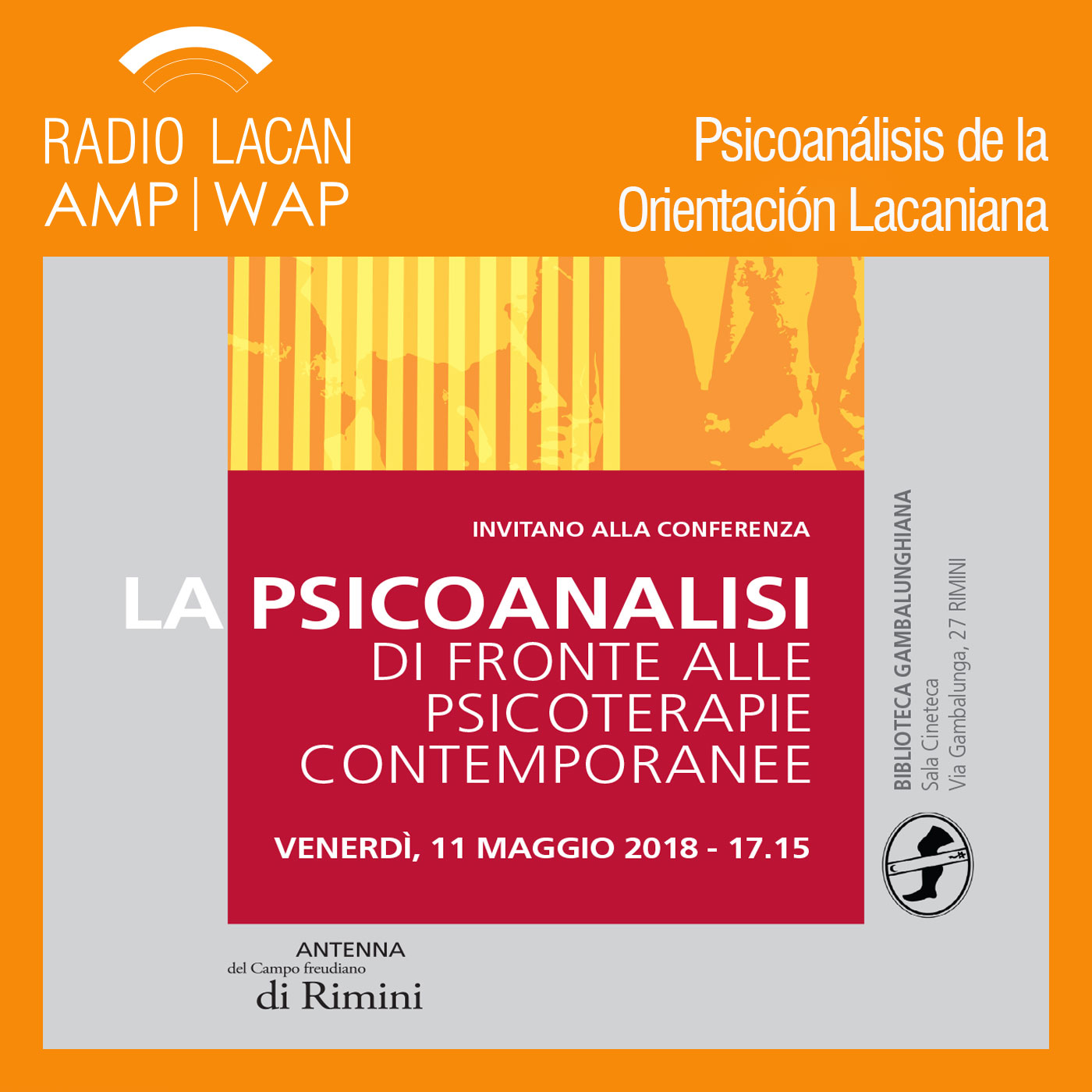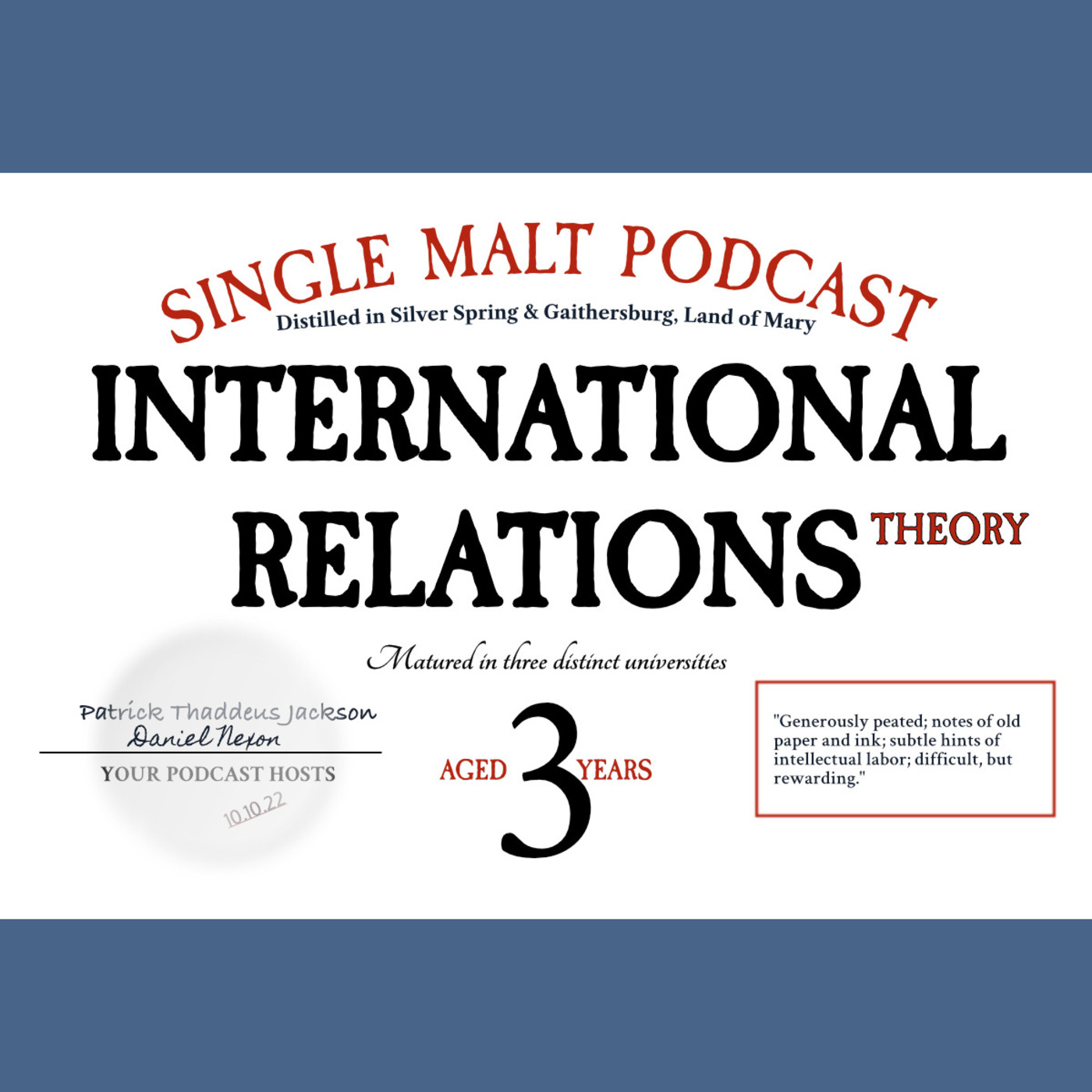 |
Psych Health and Safety Podcast USAAuthor: FlourishDx
The goal of the Psych Health and Safety USA podcast is to increase awareness of the importance of psychological health and safety, grow the community of psych health and safety advocates, and help reduce exposure to psychosocial hazards in workplaces in the United States. Each episode will feature not only guests with expertise in health and safety, psychology, academia, policymaking, and thought leadership but others with lived experience involving exposure to psychosocial hazards in a variety of work settings and environments. Host: Dr. I. David Daniels Language: en Genres: Business, Management, Science, Social Sciences Contact email: Get it Feed URL: Get it iTunes ID: Get it Trailer: |
Listen Now...
Bold and Safe with Marie Milord
Episode 162
Thursday, 12 February, 2026
Dive into Episode #162 of the Psych Health and Safety USA Podcast, featuring host Dr. I. David Daniels, PhD, CSD, VPS, and special guest Marie Milord, an experienced occupational health and safety professional, founder of SoMat Culture Consulting, who has developed a program call "Bold and Safe" which among it's goals seeks to teach psychological health and safety to young people before they go into the workforce. Based on her lived experience in heavy industry safety programs, Ms. Milord helps to arm young people with some of the skills that she has learned over time, many of them the hard way. With a program goal of not only helping them identify, assess, and mitigate psychosocial hazards in the workplace but also helping them build the resilience needed to succeed in cases where the hazard cannot be eliminated. The skills and awareness from the program help develop resilience, empathy, and leadership. Ultimately, these skills prepare young people to create healthier schools, workplaces, and communities. And most importantly, the program plants the seed that safety isn’t only about avoiding physical or psychological harm, it’s about fostering environments where everyone can thrive.











